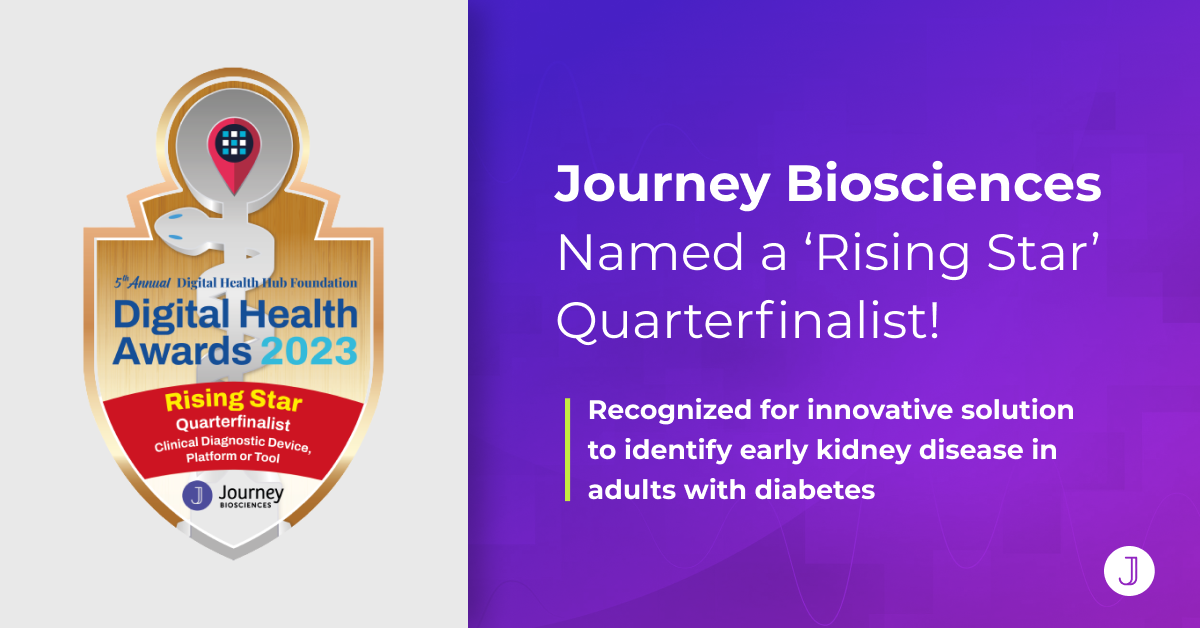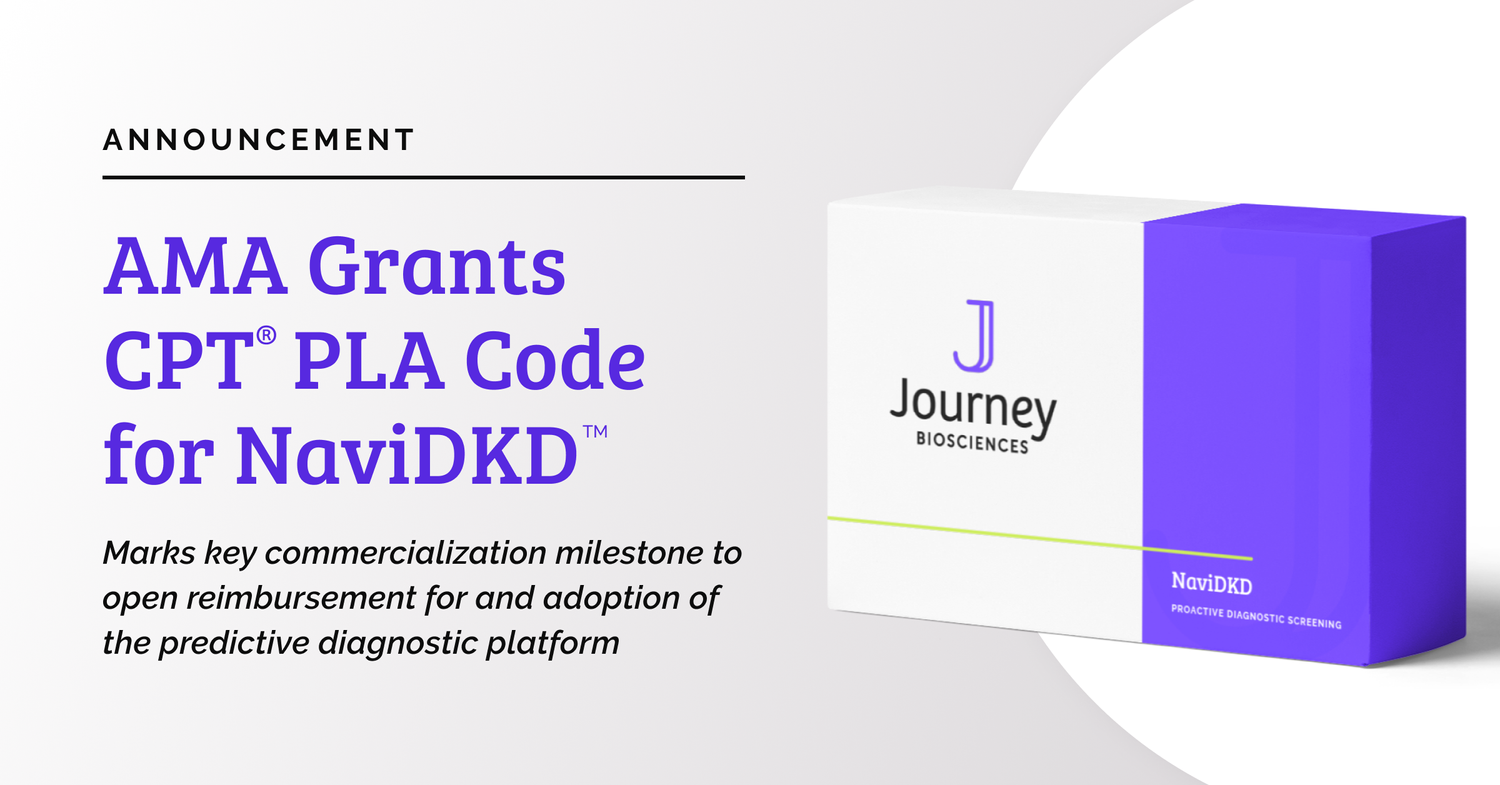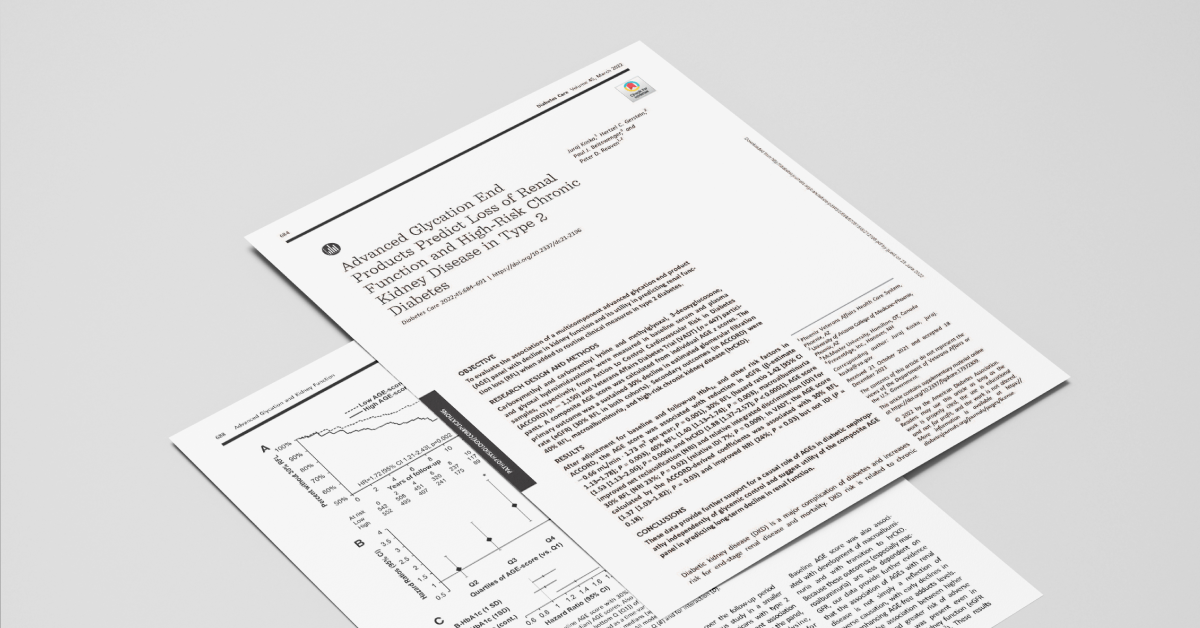Looking Ahead to 2023 With Hope
Together, these innovations represent a significant change in diabetes management and care. Up until now, we treated diabetes after diagnosis. Now, we're starting to intervene in disease progression that, until now, was thought to be inevitable.
To us, it feels like we’re on the cusp of some major shifts in how diabetes and its related conditions will be diagnosed and managed. We see a healthier future for people affected by diabetes. And we can’t help but feel hopeful as we step into 2023.
We reached out to some of our colleagues and asked them about their hopes for diabetes as they look ahead to the new year.
Their responses reflect the complexities of diabetes. They touched on everything from improving healthcare access and addressing social determinants of health (SDOH) to implementing new treatments and technologies.
Here’s what some of our diabetes colleagues had to say (along with a bit of info on their organizations).
Anna Norton, MS is CEO at Diabetes Sisters, a 503(c)(3) nonprofit and the only organization nationwide focusing exclusively on women living with diabetes. Anna's focus is on making diabetes care more accessible and individualized.
“For 2023, I wish that ALL people with diabetes acquire treatments and devices that adapt and fit their lifestyles - whether they are newer transformative medications, advanced technology, or more responsive medical teams - and that each person receives quality care despite their ability to pay. I also wish for everyone to find support to help them navigate the intricacies, stigma, and isolation of living with diabetes to achieve the best outcomes possible.”
Matthew Garza, Stigma Program Manager at The diaTribe Foundation heads up dStigmatize.org, a project aimed at combating the blame, shame, and judgment experienced by people affected by diabetes. Matthew’s thoughts center on addressing the psychosocial aspects of diabetes care.
“I hope that in 2023 the entire diabetes community starts to place greater emphasis on the importance of the psychosocial aspects of diabetes care. We need to make sure that we are prioritizing things like diabetes distress, mental health, and stigma as much as we prioritize more traditional medical care. The mental and emotional challenges that come with a diabetes diagnosis deserve the same amount of attention as the latest technology and therapies and improving psychosocial care will also improve clinical care.”
Christina Roth-Sleeper is the CEO and Founder of The Diabetes Link, a 501(c)(3) nonprofit that specializes in helping teens and young adults navigate their diabetes as they enter adulthood. Christina’s hopes that the health inequities uncovered during the COVID-19 health emergency continue receiving attention and being actively addressed.
“[My hope is that we] leverage increased public awareness of T1D & T2D to drive better care. The COVID pandemic has led to an increase in the diagnoses of both T1 and T2, as well as more public recognition of the disproportionally poorer health outcomes in underserved and minority communities. I hope we can leverage the increased attention of the wider medical community to promote better clinical care - better recognizing existing standards and available technology (i.e., CGM), therapies (i.e., SGLT2s & GLP1s), and testing (i.e., regular A1C testing for those at risk of T2D, antibody screening for those at risk of T1D).”
Ginger Vieira is the Associate Director of Communications at T1D Exchange, a Patient Advocate and Author. Best known for its Registry and Quality Improvement Collaborative, T1D Exchange collects data from clinics and people living with T1D for research use, then makes the results widely available with the aim of improving outcomes for the entire T1D population. Ginger finds a lot of potential for improvements in T1D health coming from new pharmaceuticals.
“As a person with type 1 diabetes, I'm hopeful for a few things. First of all, the future of T1D screening and the prevention of T1D in its earliest stages thanks to the FDA-approval of teplizumab! Secondly, I'm hopeful that GLP-1 medications get FDA-approved for use in people with T1D to help us compensate for the other hormones we don't produce besides just insulin. Without medications like this, people with T1D are fighting an even steeper uphill battle. And third, I'm hopeful that game-changing treatments gain more momentum with today's endocrinologists. Too many endos dismiss [them] because they don't understand [them] and patients pay the price[.]
With all this talk of healthcare, treatments, standards, and technology, we cannot forget the personal impacts of diabetes and its complications.
Ryanne Paul, MPH CHES and person living with type 1 diabetes for over 25 years drove home the importance of patient engagement in her thoughts.
“I would like to see more individuals receptive to learning about the complications of diabetes BEFORE having them. I feel educating the target population is important [and] is crucial.”
Phyllisa Deroze, PhD is Director of Content Strategy at dQ&A, a Patient Advocate and Author. Phyllisa’s hopes center on soon being able to connect in-person safely.
“For 2023, I'm hopeful for continued growth in diabetes technology, and I'm looking forward to the diabetes community reconnecting in-person safely again. I still hold on to the hope that ending diabetes stigma will remain a priority.”
Sarah Mart, MS MPH and Director of Operations at Diabetes Sisters, reminds us how diverse the diabetes community is and the importance of self care in diabetes management.
“When it comes to diabetes health in 2023, my hopes include more recognition of women living with all types of diabetes, more diversity of representation throughout these efforts, and more evidence-based ways to help us thrive.
“For my own diabetes health, I hope for more good weather to take even more walks with my sweet dog, and many more calm moments than stressful ones. Walking and mindfulness are important contributors to help my blood glucose numbers spend more time in range.”
Adam Caraboolad, VP, Finance and Business Intelligence at Journey Biosciences and a person living with CKD also weighed in with a patient-informed perspective.
“My thoughts are short and simple. I would like to see NaviDKD become a routine and integral part of the blood panel for all patients living with diabetes. As a patient living with chronic kidney disease myself, the symptoms go unnoticed without proper proactive identification methods. It is critical to understand the potential threat ahead of time to change the outcome for the patients' benefit.”
Our sense of hope is bolstered when we see how these innovations reach the people they are intended to help and see their positive impact.
Tom Cirillo, Deputy Director at The diaTribe Foundation, summed it up this way:
“I’m hopeful that many more people living with diabetes will benefit from the exciting breakthroughs we are seeing almost every week in both technologies and therapies to better manage blood glucose, increase Time in Range, and reduce the risks of developing diabetes complications.”
What are your diabetes health hopes for 2023?
About Journey Biosciences
Journey Biosciences is on a mission to improve the lives of people with diabetes through proactive, personalized care. One in three people with diabetes faces the hidden threat of kidney disease. Our flagship solution, NaviDKD®, is an innovative blood test that identifies this risk years in advance, enabling personalized preventive care for better health outcomes. By empowering early action, we aim to significantly reduce the burden of diabetes-related kidney disease on patients and healthcare systems. Discover more at journeybio.life.
For media inquiries: media@journeybio.life




Comments (2)
We hope that in 2023 : The Diabetes Syndrome – A Formula for Implementing Precision Medicine
based A Unified Pathophysiologic Approach in the context of the Beta-Cell Classification of Diabetes
is better recognized in order to allow better care of our patients- treating the whole patient, not just 'numbers'- glucose, HgA1c
FORESHORTENING THE ‘PREDIABETES’ DEBATE:
The time is now for new, lower diabetes diagnostic thresholds
There has been debate on the value of a ‘prediabetes’ nomenclature, with some, in prominent journals, arguing for the extinction of such a label.
Our own belief is that current thresholds for diagnosing diabetes are outdated and do not represent advancements in disease understanding or ability to impact course. Today, evidence supports intervening earlier along the disease continuum to mitigate transition to frank disease and delay/reduce adverse clinical outcomes. We believe, and hope in 2023 that it is recognized that it is time for lower diabetes diagnostic criteria, and , only then one might consider eliminating the ’prediabetes’ designation.